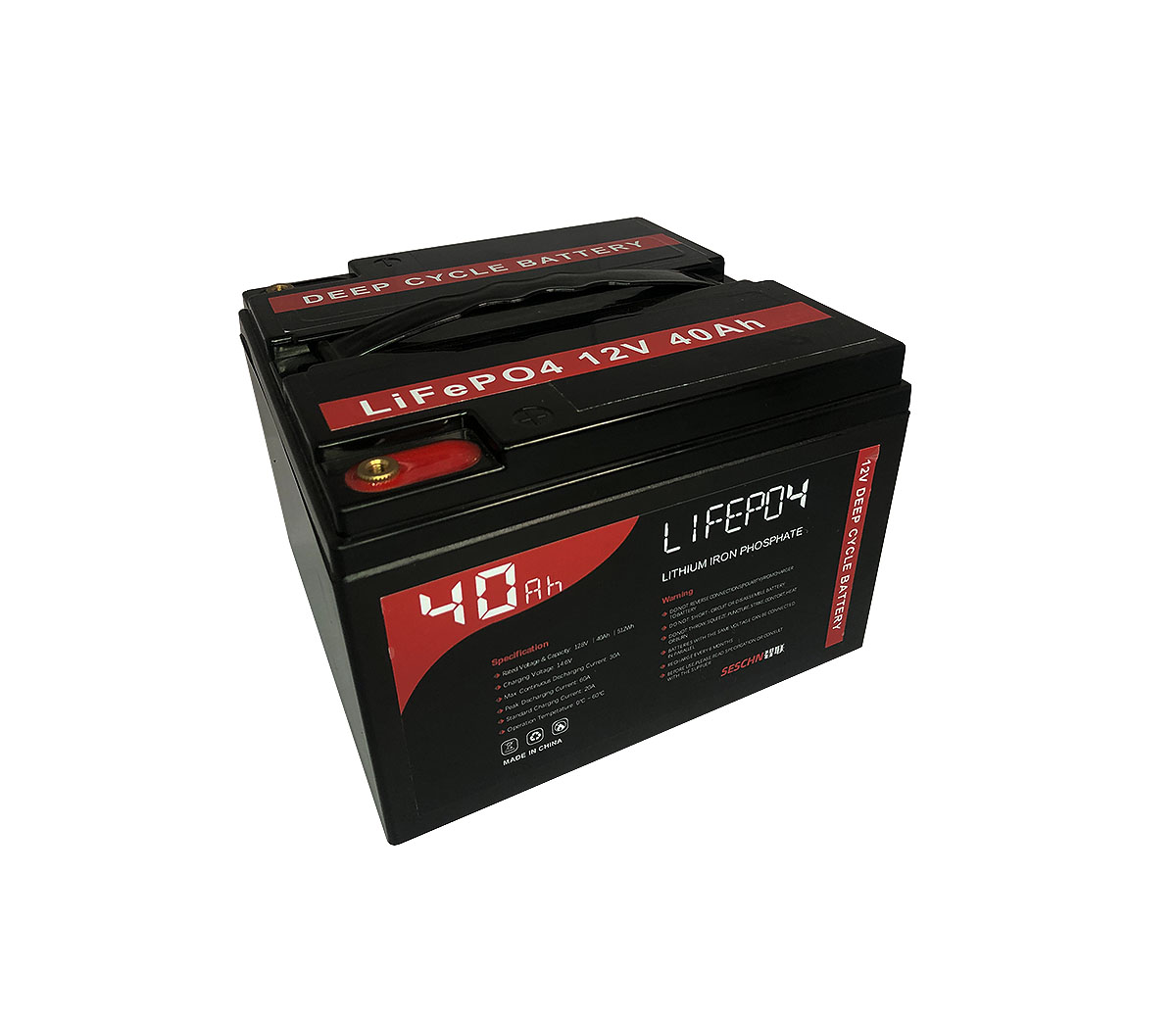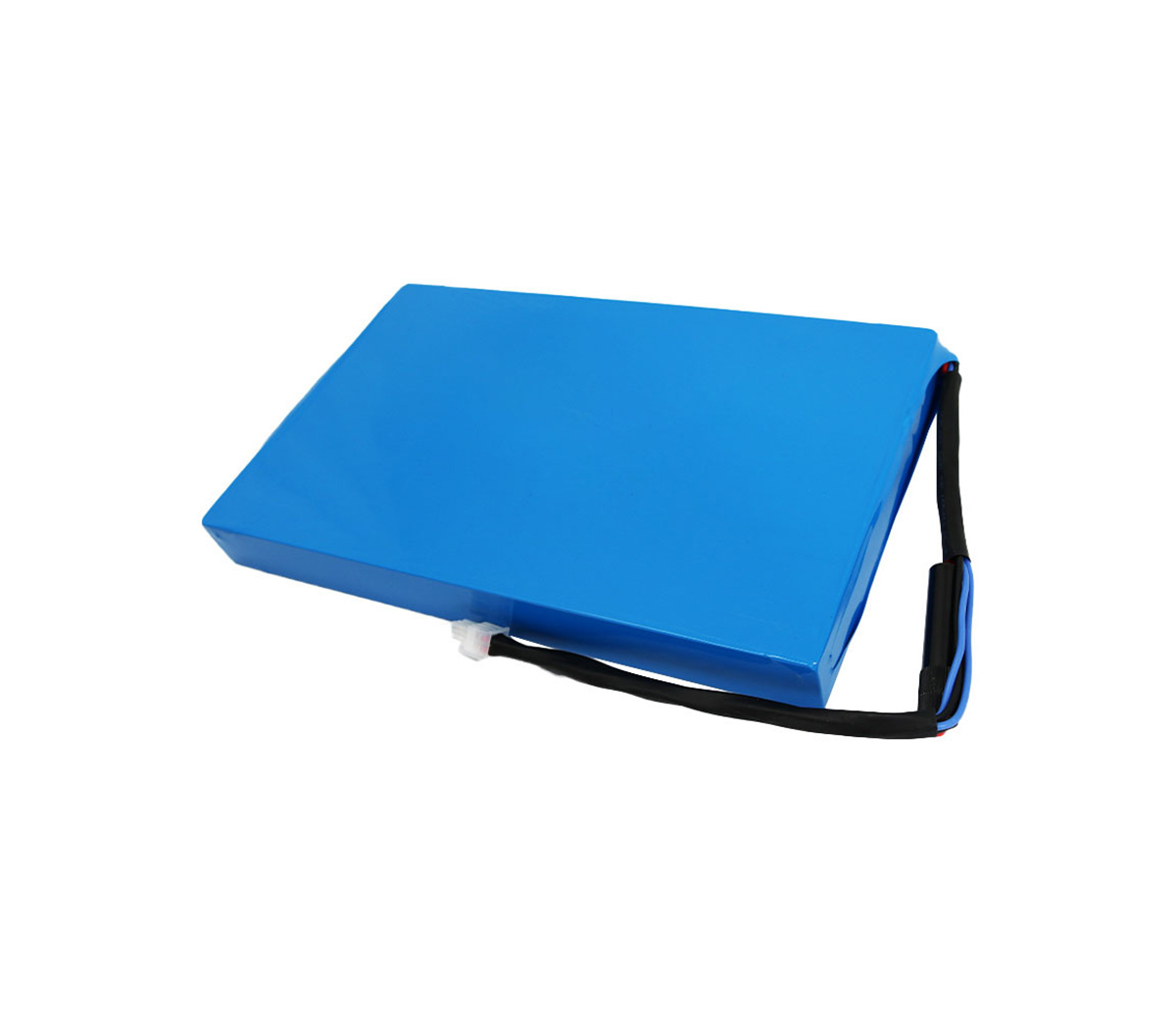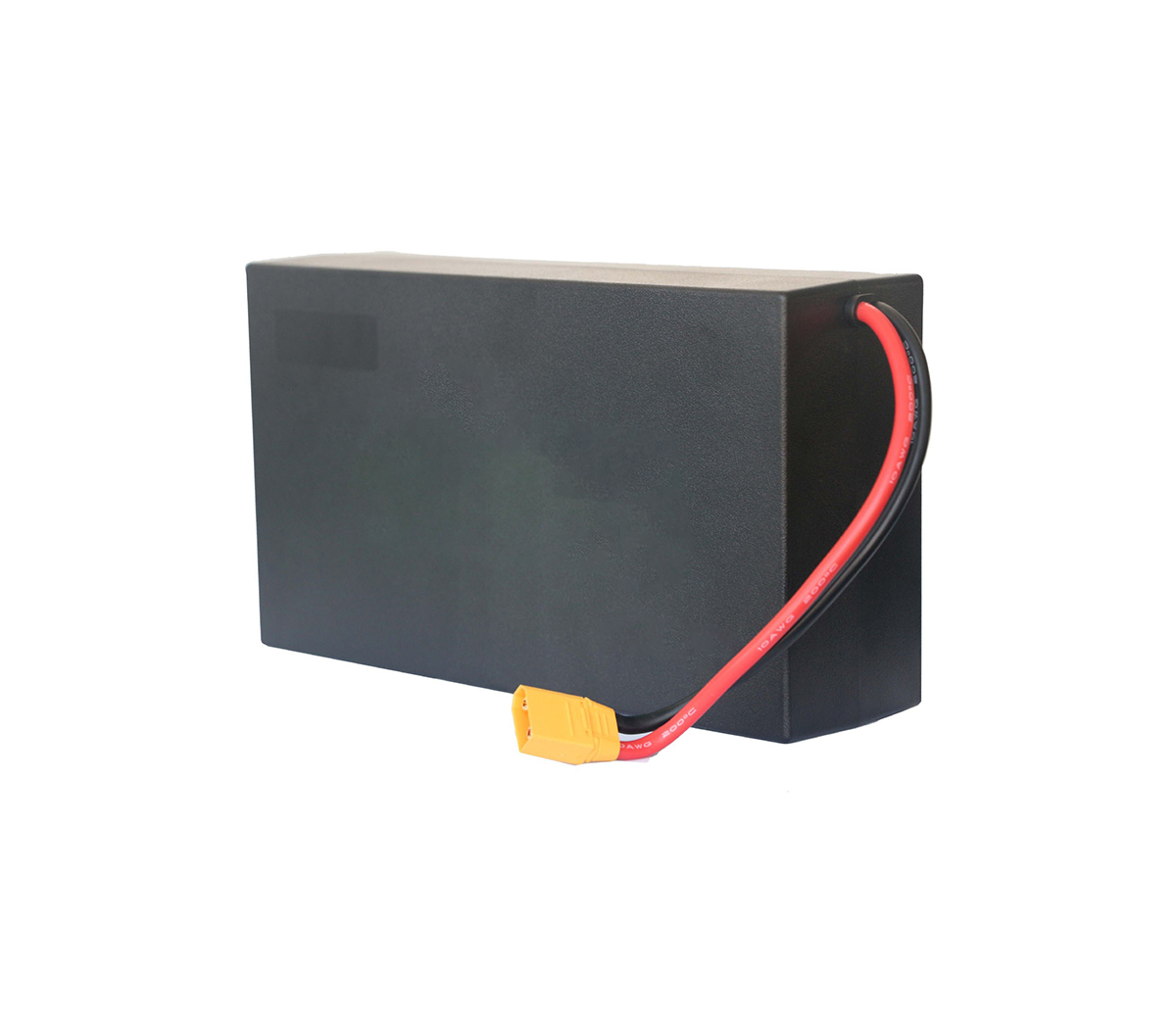
The time limit for large-scale decommissioning of power batteries is
approaching. On May 17, the Ministry of Industry and Information Technology
issued the Interim Provisions on the Traceability Management of the Recycling
and Utilization of Power Batteries for New Energy Vehicles (Draft for Comment),
which aims to further standardize the collection of information throughout the
entire process of power batteries, and put forward regulatory requirements for
the implementation of recycling responsibilities by entities in all links.
Estimates show that the "decommissioning tide" of power batteries will
begin to break out this year. If 70% of the cascade utilization is implemented,
there will be about 60,000 tons of used batteries waiting for disposal in 2020.
On the one hand, there is a rush of scrapping in batches, and on the other hand,
there are emerging fields that are still in their infancy. What test will power
battery recycling experience?
The recycling market is chaotic
"We weigh it by weight, 8 yuan a kilogram, no bargaining. This is already
considered a high price."
"Are there any photos? I'll give you a quote after checking the size and
model. Large quantities can be collected at home."
"The price is 50 yuan each. This kind of battery can only be dismantled and
is not worth much."
This is the scene the reporter saw when he visited a recycling center for
waste products outside the South Fifth Ring Road in Beijing.
opened a number of second-hand goods service platforms, similar to the
"cash purchase of lithium batteries for electric vehicles" and "recycling of new
energy vehicle batteries" information abound.
"A few people rent a warehouse and post information online, and they can
start recycling." Zhao Xiaoyong, general manager of Beijing Saidemei Resource
Reuse Research Institute Co., Ltd., told reporters. "Guerillas" are not in the
minority. "There is no formal process, nor compliance with environmental
protection requirements, let alone any technical content. Informal recycling is
even more than that of formal enterprises. A few shots to change places will not
only disrupt the market, but also leave a hidden danger of pollution."
And this kind of chaotic problem also occurs in some regular automobile
scrapping and dismantling enterprises. "Existing scrapped and dismantled
companies are mainly petrol vehicles and do not have much experience with new
energy vehicles. For example, vehicles that are scrapped due to traffic
accidents or directly eliminated without entering the cascade can only be
processed according to the traditional process." China Material Recycling Gao
Yanli, vice president of the association, said frankly that since last year, it
has received feedback from companies in Beijing, Hebei, Henan and other places,
saying that there are doubts about the storage and transportation of power
batteries after the disassembly, and she hopes that the association will
help.
Where should the power battery go after it is retired? Actually, the
industry has long been concerned. "For example, the batteries of the batch of
electric vehicles used as a demonstration during the 2008 Beijing Olympics have
long been scrapped. But only some of them were recycled by manufacturers and
research institutions for research and development, and the destination of the
remaining batteries is unknown." Gao Yanli said.
"Regardless of from the perspective of green environmental protection,
safety management, or upstream supply guarantee, the supervision of recycling
should be strengthened as soon as possible." Zhao Xiaoyong said.
The main body, technology, and mode of recycling are vague
Why is power battery recycling a problem? In the opinion of many people in
the industry, the focus of the problem lies in the uncertainty of who will
collect it, how it will be collected, and what mode of recycling will be
used.
First of all, the recovery body is not in place. "According to the
regulations, auto companies should bear the main responsibility for recycling,
but car companies are not omnipotent." Cui Dongshu, secretary general of the
National Passenger Car Market Information Joint Council, said that to a certain
extent, car companies are more like "assembly plants" of electric vehicles. ,
Responsible for the normal use of batteries, production and supply, secondary
utilization and recycling during the warranty period, but it is the specialty of
battery companies. "I think that who sells the batteries and who is responsible
for the batteries should at least be co-operated by both parties. Unfortunately,
battery companies are often excluded from the recycling system, and the
responsibilities are currently unclear."
"In addition, when the vehicle is in the hands of the user, the property
right no longer belongs to the car company. Once the warranty period expires,
can the car company guarantee to take it back?" Zhao Xiaoyong said.
Secondly, in terms of technology, recycling itself is not difficult. The
difficulty lies in the post-processing technology. It is understood that the
types, specifications, processes, etc. of retired batteries are different, and
there are diversity in series and parallel group forms, application models, use
time and working conditions, resulting in complex disassembly. Taking the
hydrometallurgical technology that is currently most widely used in China as an
example, in addition to the low overall recovery rate, the strong acid, strong
alkali, and ammonia produced in the recovery are very easy to cause
pollution.
"More often, companies only get the waste battery itself, but not the
relevant data. This brings difficulties to the later stages of utilization,
disassembly, and pre-judgment, and increases processing costs." Shandong Zhidou
Battery Integration Technology Co., Ltd. Executive Vice President Wu Hui
said.
Finally, in the recycling model, because the "decommissioning tide" has not
yet arrived on a large scale, many companies are facing profit problems, and it
is still difficult to achieve scale effects in the short term.
"From the perspective of economic benefits, our companies specializing in
recycling are even inferior to those informal small manufacturers." Ou Hancheng,
general manager of Jiangxi Ganzhou Highpower Technology Co., Ltd. said frankly,
"Only transportation and warehousing links, we strictly follow Hazardous
goods-related requirements, compared with small factories using ordinary
logistics and random stacking, cost a lot higher."
The relevant person in charge of BAIC New Energy also feels this. "The
country has not yet established a mature power battery recycling system.
Although some companies are involved, their investment exceeds the value of the
battery, lack of profitability, and poor economy."
All parties explore solutions
The start was difficult, but the prospects are generally optimistic in the
industry. Some institutions even predict that the power battery recycling market
will form a new "outflow" of tens of billions of dollars. How to break the ice
at this stage? The establishment of a mature closed-loop industrial chain may
fundamentally solve the recycling problem.
Start with the recovery of the main body. "We should realize that for car
companies, only responsibility but no benefit is something that makes people
feel uncomfortable. How can we stimulate the enthusiasm of the responsible
subject?" Cui Dongshu said, first of all, a local comprehensive recycling system
can be established. The designated recycling point is handed over to qualified
enterprises, and strict supervision is adopted to prevent illegal recycling. "At
the same time, car companies and battery companies are encouraged to work
together to implement treatment based on effective battery classification to
form a complete benefit chain. Accelerate the integrated development of the
upstream and downstream of the power battery industry chain, and make recycling
a profitable business, which naturally stimulates all Fang's enthusiasm."
In this regard, Zhao Xiaoyong also said that the industry is still in its
infancy in the research of power battery circular economy models. "However, as
the first responsible person, car companies should take the initiative to
establish recycling service outlets and announce them to the public. They can
jointly form recycling channels through after-sales service agencies and battery
leasing companies. They can also cooperate with related companies to build and
share recycling channels to increase recycling. Rate. From enterprises, 4S
stores to service stations, etc., the recycling is completed by means of reverse
logistics, and traceability management is formed."
"We have also made many attempts to recycle power batteries." The
above-mentioned person in charge of BAIC said, for example, for different
application scenarios, focusing on retired battery modules, establishing
application technology and system integration technology from whole package,
module to battery cell. , And carry out successive application evaluations. When
the battery capacity of the whole vehicle is less than 80%, it can be
decommissioned and transferred to the echelon utilization link, which can be
used in the energy storage system through screening and regrouping. When the
battery capacity is less than 40%, it enters the disassembly and recovery
process, thus forming a complete set of closed management loops.
However, the person in charge also pointed out that after fully launching
business model pilots and accumulating experience, we should copy the circular
economy model that has real promotion value to avoid rushing.
"As of now, there are more than 400 power battery recycling companies in
the country, and everyone is looking for and building their own channels. For
companies, this will be conducive to obtaining battery recycling benefits, but
from an industry perspective or overall social effect, It is inevitable that the
repeated construction of channels will lead to lower social efficiency and
utilization. In other words, we are still in the groping stage in terms of
market size and business model." Yang Qingyu, director of the Comprehensive
Department of the China Battery Union, reminded.



































